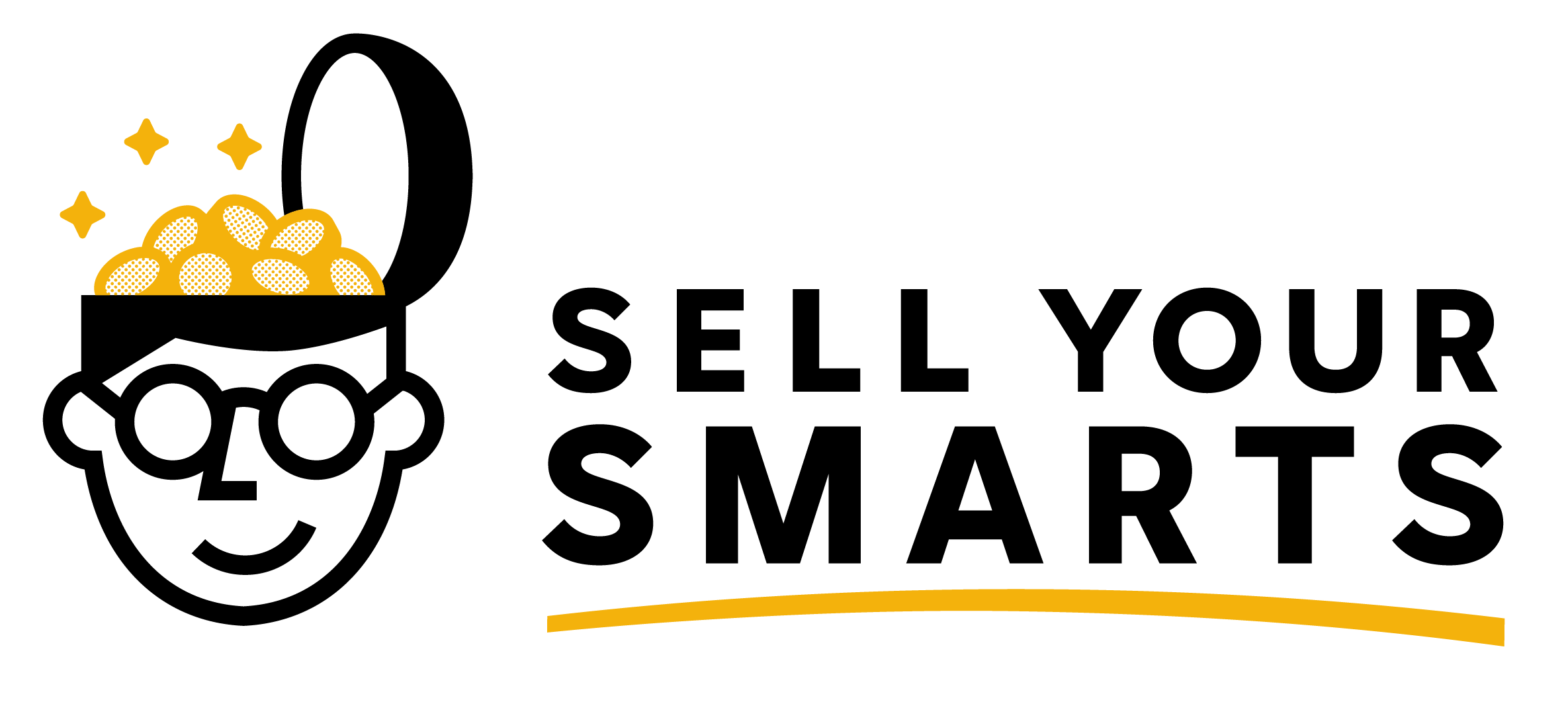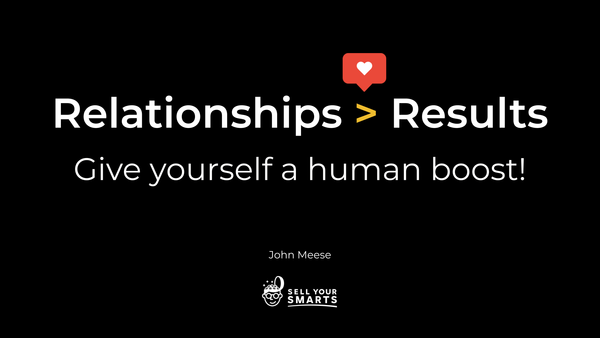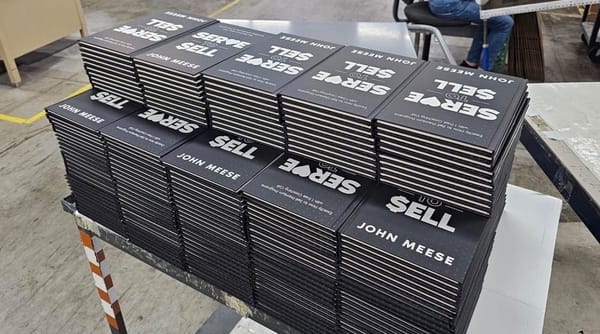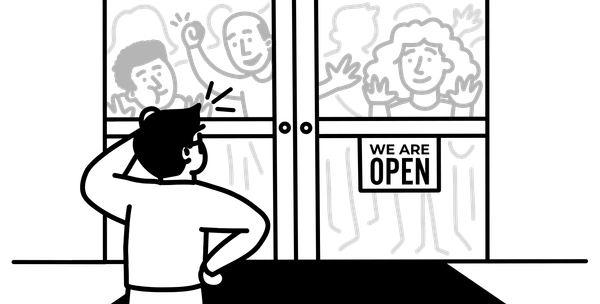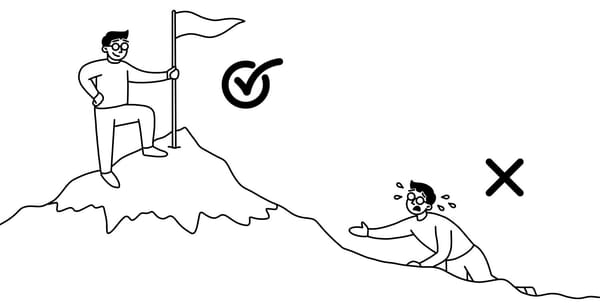💀 Moose on the Table
When your world has something ugly going on, should you talk about that in your content or customer communication?
So many creators struggle with that question, whether the ugliness is controversy around a specific person, an industry norm, or an ugly political debate.
You don't want to come across as opportunistic by using crisis to scare people into buying your products, but you also don't want to come across as tone deaf. So what should you do?
Brian Kurtz, a legendary direct response marketer and the author of Overdeliver, describes this issue as "the moose on the table."
As Brian explains,
“It’s another version of the elephant in the room, but the moose on the table was a better image for me because basically we're sitting in a boardroom with a long table, and there's something that's going on that no one wants to talk about. And that's the moose on the table. So you have this dead carcass of a moose, sitting—this is the visual I always get when I think about this—it's a visual of a carcass of a moose with the legs up in the air. So the Moose is on the table, and everybody's having a meeting and they're looking around the moose and not saying anything and you know, kind of like not acknowledging it.”
With that framework in mind (good luck forgetting it), your path should become much more clear.
When you create content, you can and should acknowledge the moose on the table because everyone can see (and smell) it already.
When you acknowledge the moose on the table, acknowledge that it's unpleasant—but don't spend too long talking about the problem without a path forward, because you'll come across as complaining or negative.
Offer solutions on how to deal with the moose on the table, whether that means removing it or working around it now that it's there.
Whether you're surrounded by controversy around something someone said in your industry or disputes over how to respond to a global pandemic, you've got a dead moose on the table.
Everyone can see it, smell it, and dislike it.
Now, how can you help people process the problem and move on?
